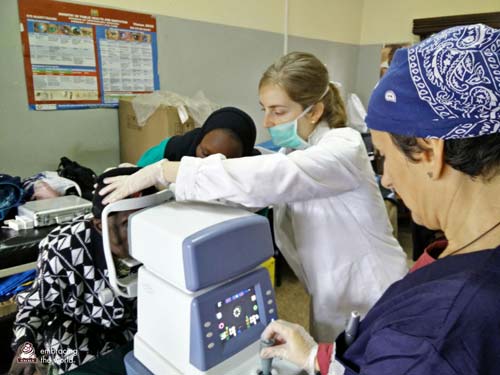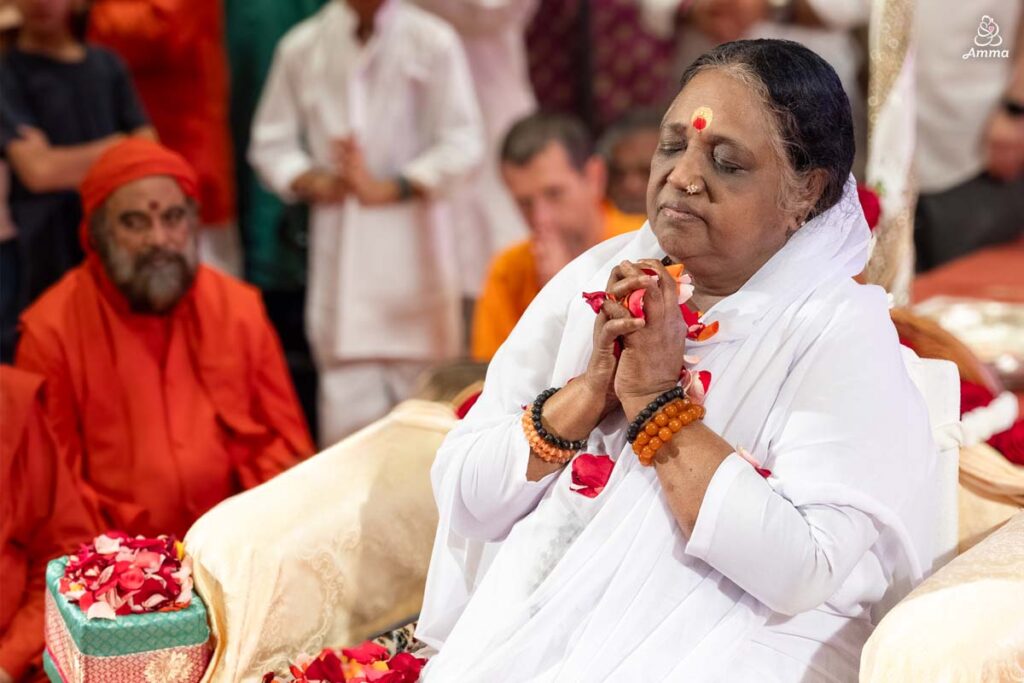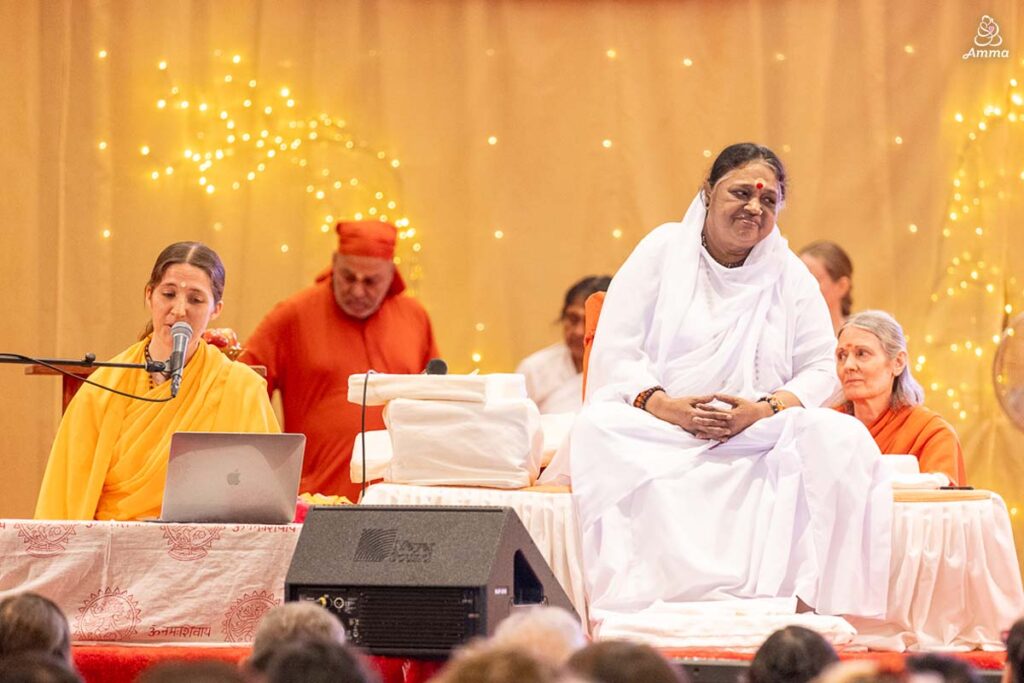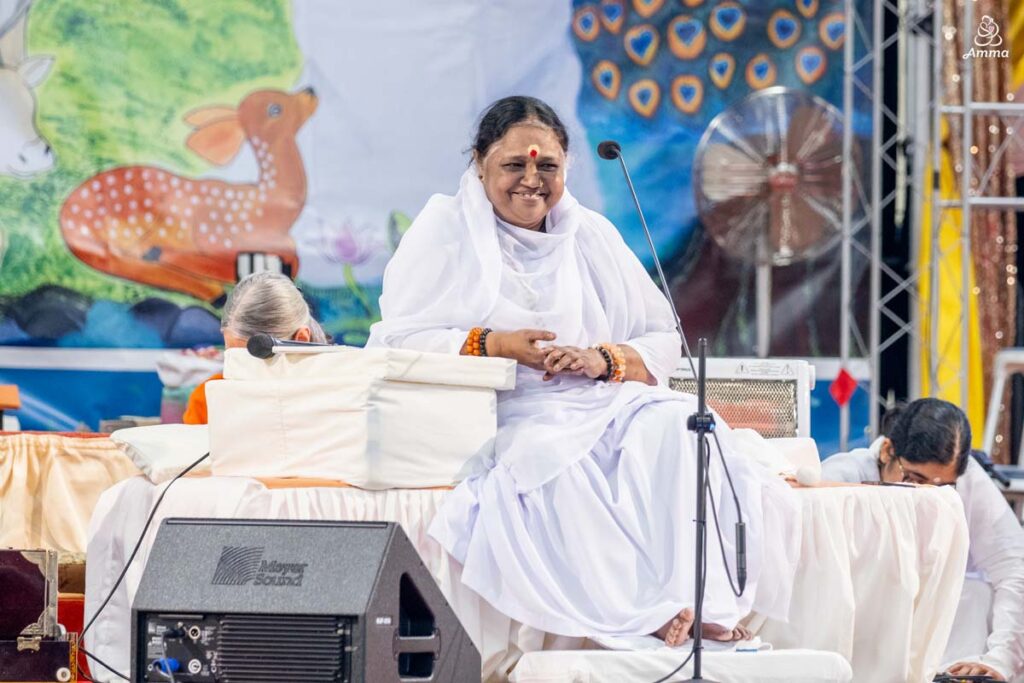Due to persistent poverty and lack of access to medical care, people in Kenya to struggle with high levels of blindness and visual impairment. Since 2011, our volunteers from Spain in collaboration with “Vision Without Borders” have been holding free medical camps in multiple locations throughout Kenya, performing eye surgeries and providing prescriptions for medicine and glasses. More recently, eight of our volunteers held the fifth blindness prevention project in Kisii, Kenya – a small city located 200 miles from Nairobi – seeing more than 200 people.
In order to prepare for the arrival of our team of two doctors, two nurses and three optometrists, local doctors screened and identified serious cases for surgery to be performed. These local doctors saw over 4,000 people, screening them for cataracts and a variety of other disorders. When our team arrived, they were able to perform 208 surgeries, from December 5th to the 11th.
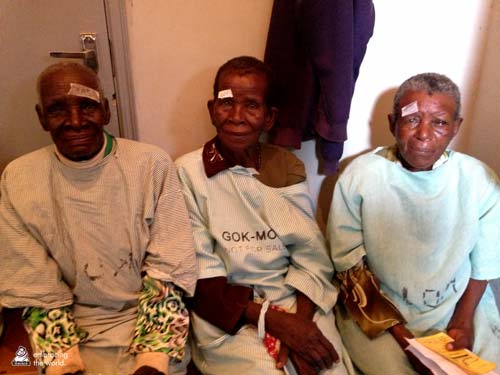
Poverty is a pressing problem for many who attend our camps. When one of our optometrists asked some of the patients why they had not come to the hospital during previous visits, as the treatment is completely free, they responded that they had been unable to afford the transport fare – a one-dollar fee. The optometrist was stunned. Many who have curable blindness, could regain their sight if they only had a single spare dollar to get to the hospital.
Over the past four years, this group of dedicated volunteers has performed 890 surgeries and met with countless other patients, providing medical advice, prescriptions, and medicine. In a recent medical journal publication, volunteers Isabel Signes-Soler, David Piñero and Jaime Javaloy explain that most of their surgeries have removed cataracts, although other eye problems were also treated, such as Pterigium, Pseudophakia and Conjunctival Melanoma. Additionally, they emphasize the dangers of uncorrected “refractive error,” which is the second leading cause of blindness worldwide, though it is easily fixed with a pair of eyeglasses. Therefore our optometrists have been careful to examine and screen patients for this refractive error, and provide eyeglasses when needed.
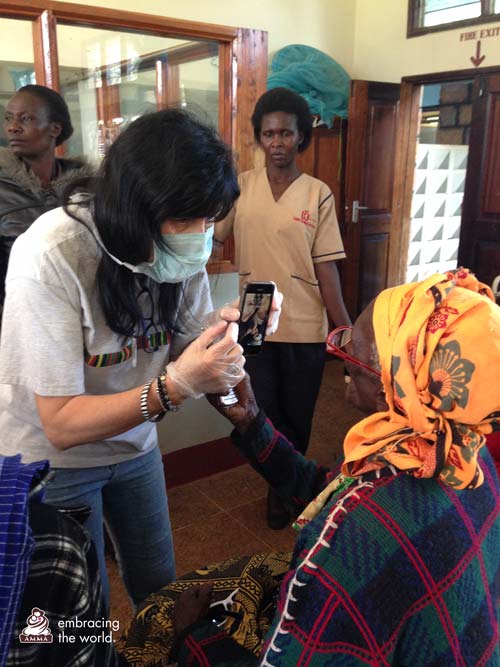
The doctors’ detailed and comprehensive surveys of visually impaired people in Kenya also had some hopeful results, finding that there was a small decrease in cataracts in rural areas, which they believe is a result of frequent medical camps in the region. Isabel, an optometrist who began these services back in 2011, explains that though in her early efforts to relieve blindness in the region, she was accompanied by very few people, “over time, more and more people have wanted to get involved and to contribute.” As more people are inspired to provide their skills and services, she hopes the medical camps will grow and continue.
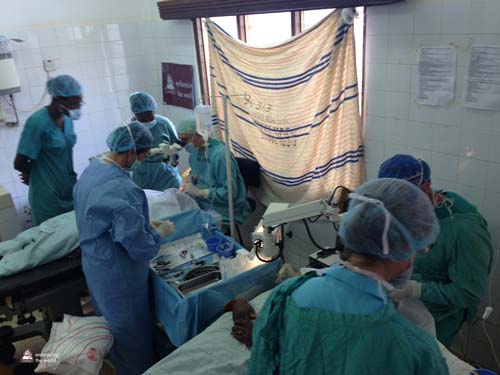
Local doctors, government agencies, and other organizations have been very supportive of this ongoing project. Our volunteers explain that it has been a beautiful experience, one of “cooperation between different professions, cultures and personalities, all with the common goal of restoring sight to the poor.” With a compassionate, understanding and open-minded attitude, our dedicated volunteers hope to continue this work across Kenya, providing care to people who are most in need.


